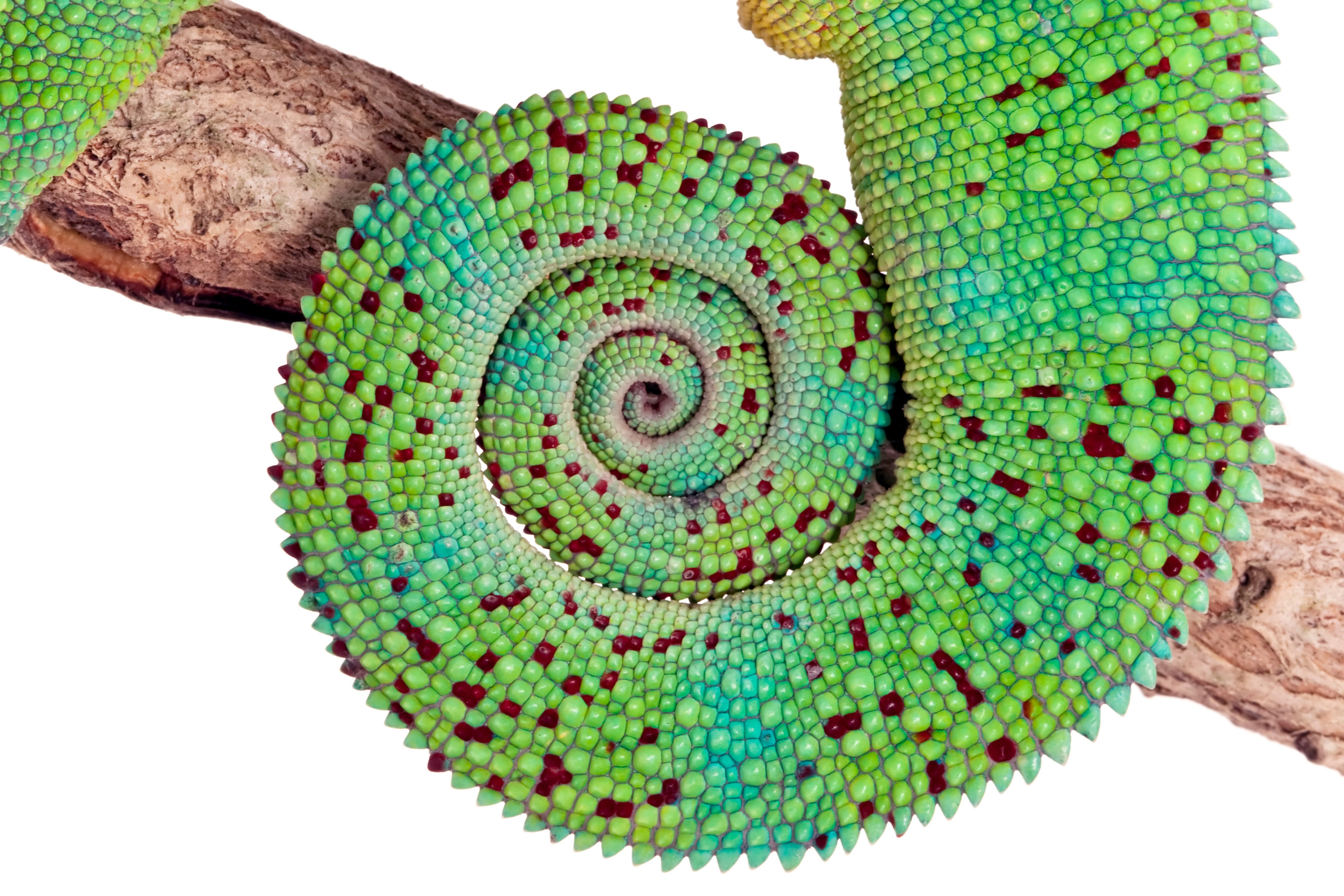The Importance of Continuing Education During and After a Pandemic
The effect continuing education has on healthcare providers, especially during a pandemic, is astronomical. If you don’t believe me, just listen to...
2 min read
Abby Crimm : April 30, 2020 3:25:09 PM PDT

Dr. Natalie Marks talks to infectious disease specialist Dr. Scott Weese about the pug that recently tested positive for COVID-19, what veterinarians should know, and what to tell clients.
You’ve probably heard about the pet pug that tested positive for COVID-19 in a Duke University study. The mother, father, and son in the household had COVID-19 themselves, and “the virus that causes COVID-19 was detected” on their dog. The dog showed mild signs of respiratory problems, although it’s unknown whether they were caused by COVID-19 or not.

This diagnosis is thought to be the first known case of COVID-19 in a dog in the United States, and it has people talking.
Dr. Scott Weese, a veterinary infectious disease specialist, comments on this case and what it means for veterinarians and pet owners in this Facebook Live event hosted by Dr. Natalie Marks and Viticus Group. Here are some takeaways from what Dr. Weese had to say about this new development.
The fact that scientists detected COVID-19 in a pet dog of a COVID-19 positive family is very unsurprising. We already knew that while dogs are not as vulnerable to the virus (compared to other animals like cats) and are generally asymptomatic, they can get infected.
This report doesn’t change anything about our knowledge of the virus or our actions in combatting it. If pet owners practice social distancing with their pets, there is practically no chance that dogs will bring COVID-19 into the household. If a dog is infected with COVID-19, it came from a member of the family who already has it.
While Dr. Weese says the news of the dog in North Carolina doesn’t change anything, it does highlight the risk that veterinarians and their teams face when an animal from a COVID-19 positive household comes into the practice.
He emphasized precautions practices should already be taking, like
With this pug in the news, clients will have questions about the safety of their dogs and the human members of their family. The best thing to tell them, according to Dr. Weese, is to limit your dog’s contacts just as you would one of your kids or family members.
When you go to the park as a family, for example, you wouldn’t want one of your kids to hug or shake hands with someone at the park, right? The same thing goes for your pet.
Visit Viticus Group's COVID-19 in Veterinary Practice webpage to get more news, updates, resources, and blogs about this novel virus.
Subscribe to our YouTube channel or check out our Resource Library full of great podcasts, videos, and digital downloads!
Disclaimer
Content may contain advertising and sponsorships. Advertisers and sponsors are responsible for ensuring that material submitted for inclusion is accurate and complies with applicable laws. We are not responsible for the illegality of any error, inaccuracy, or problem in the advertiser’s or sponsor’s materials.
Advertising material and/or opinions are not are not a reflection on Viticus Group.

The effect continuing education has on healthcare providers, especially during a pandemic, is astronomical. If you don’t believe me, just listen to...

Viticus Group is excited to launch the Viticus Veterinary Summit, an opportunity for veterinary professional to dive into an interactive virtual...

3 min read
Developments and discoveries in veterinary medicine haven't halted during the months of the COVID-19 pandemic. Find out where you can get the latest...